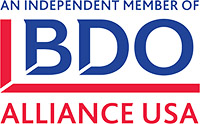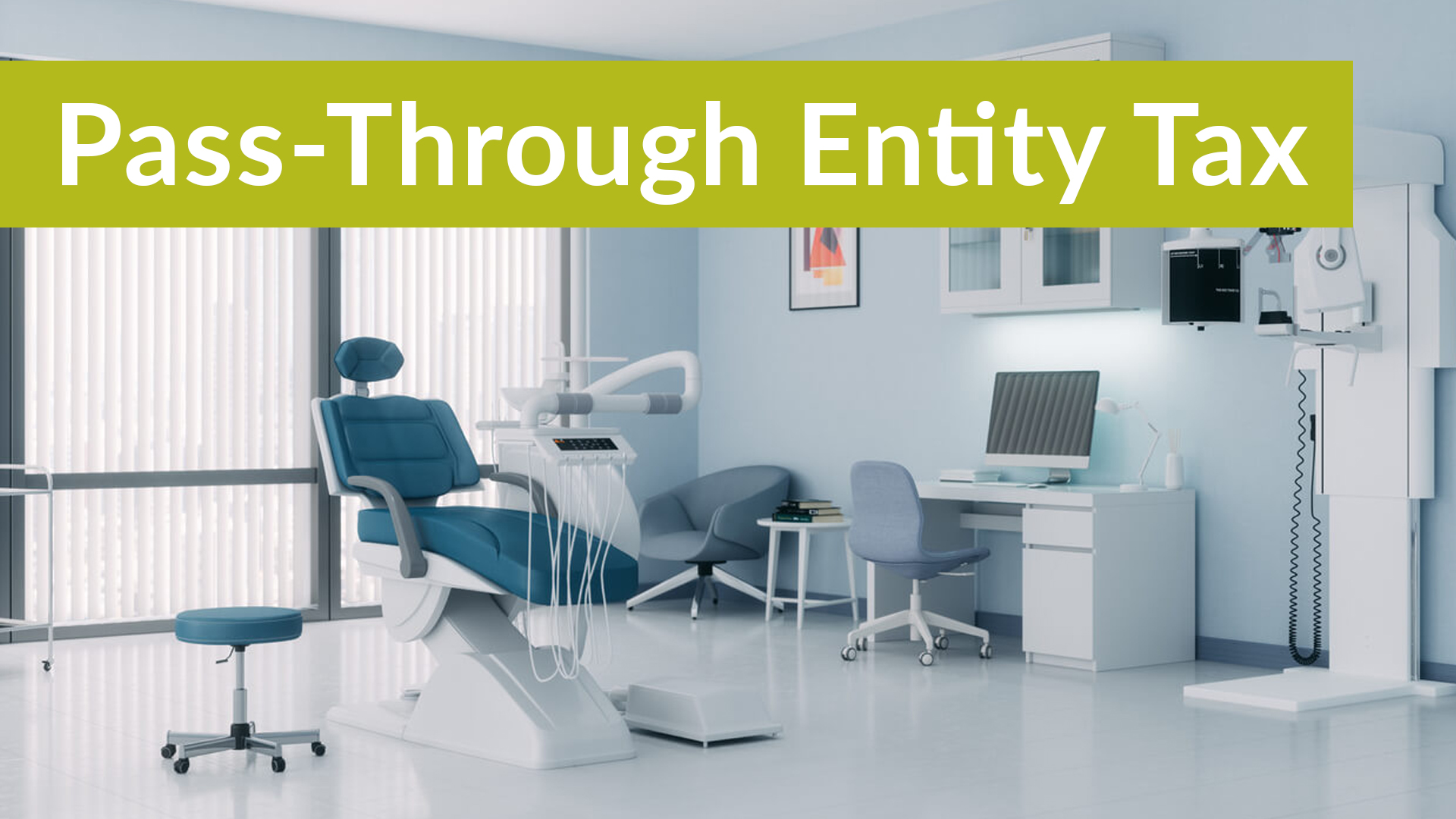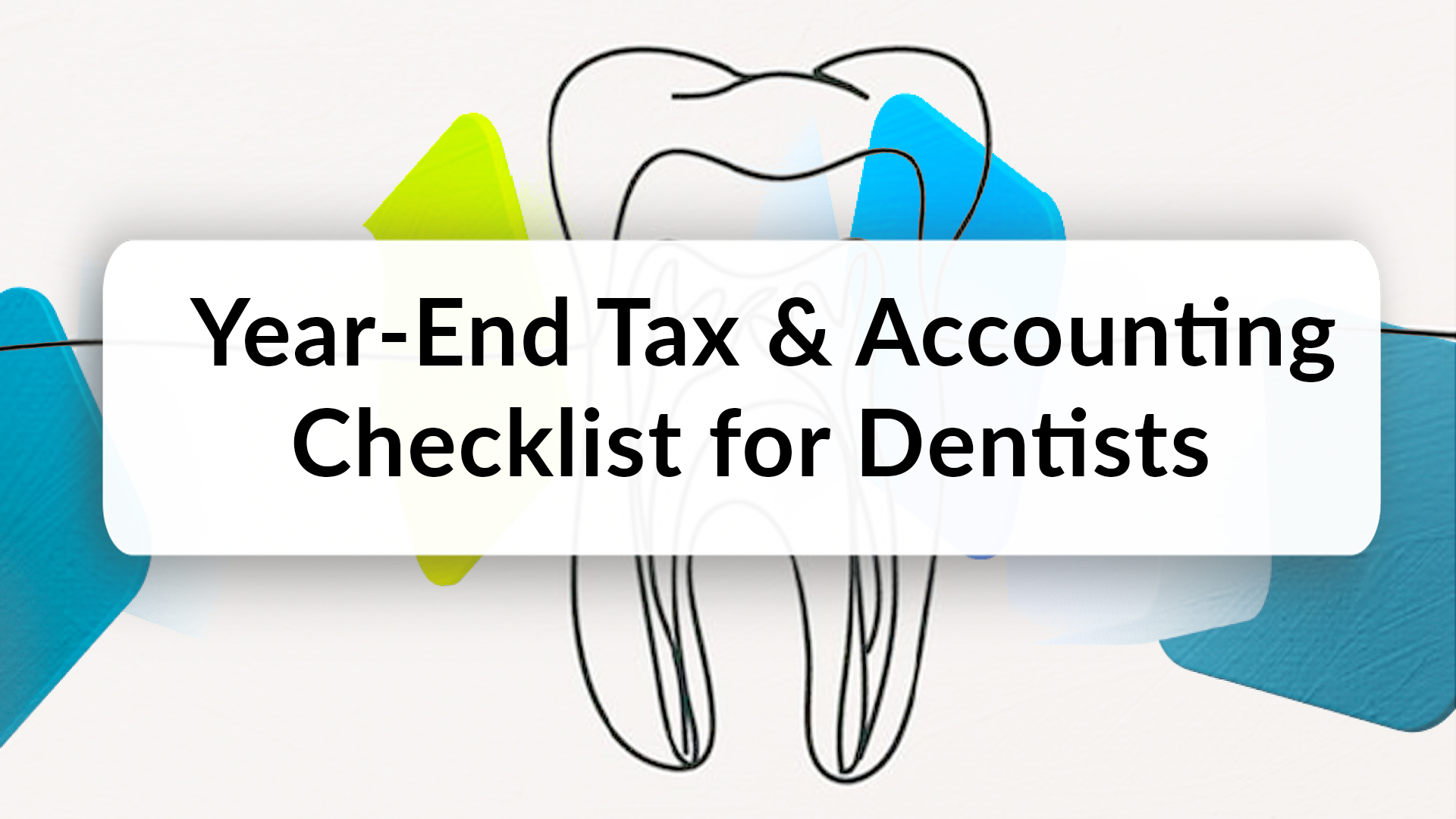
The recently enacted “Protecting Americans from Tax Hikes Act of 2015” extended and expanded many important tax provisions for both businesses and individuals.
The following is a brief overview of the more than 50 individual and business tax deductions, tax credits, and other tax-saving laws that have been extended, some made permanent.
- Sec 179 limit raised and made permanent. In what is easily the most positive tax legislative action taken for small business in the past several years. Congress recently made permanent the $500,000 Section 179 expensing limit, thus enabling a small business to elect to expense up to $500,000 of investment in new equipment and other qualifying property instead of having to depreciate the cost over a number of years.
- Bonus depreciation extended for new property placed in service between 2015 through 2019. The bonus percentage for qualified property is 50% and phases down to 40% in 2018 and 30% in 2019.
- Research Credit made permanent, additionally beginning in 2016 eligible small business may claim the credit against alternative minimum tax liability. The new law also provides that the credit can be used by certain even smaller businesses against the employer’s portion of the Social Security portion of the Employer’s payroll tax liability.
- New markets tax credit and the work opportunity tax credit extended through 2019. Other credits such as Empowerment Zone tax incentives extended through 2016.
- The reduction in S corporation recognition period for built-in gains tax to five years; made permanent.
- Two year delay in “Cadillac tax” on certain high-end insurance plans and levy on certain medical devices.
- Tax credits for low to middle wage earners that were originally enacted as part of the 2009 stimulus package and were slated to expire at the end of 2017; made permanent; these tax credits are (1) the American Opportunity Tax Credit, which provides up to $2,500 in partially refundable tax credits for post-secondary education, (2) eased rules for qualifying for the refundable child credit, and (3) various earned income tax credit (EITC) changes.
- The $250 above-the-line deduction for teachers and other school professionals for expenses paid or incurred for books, certain supplies, equipment, and supplementary materials used by the educator in the classroom; made permanent; also modified; beginning in 2016, to index the $260 cap to inflation and include professional development expenses.
- The exclusion of up to $2 million ($1 million if married filing separately) of discharged principal residence indebtedness from gross income; extended through 2016; the new law also modifies the exclusion to apply to qualified principal residence indebtedness that is discharged in 2017, if the discharge is pursuant to a binding written agreement entered into in 2016.
- The deduction for mortgage insurance premiums deductibles as qualified residence interest; extended through 2016.
- The provision that permits tax-free distribution to charity from an individual retirement account (IRA) of up to $100,000 per taxpayer per tax year, by taxpayers age 70 1/2 or older; made permanent.
- Various business and Individual energy credits have been extended through 2016, including non-business energy credit for energy-efficient improvements to taxpayers main home; energy efficient commercial buildings deduction; credit for new qualified fuel cell motor vehicles.
We hope you find this information helpful. If you would like more details about these changes, or any other aspect of the new law, please do not hesitate to contact us.




